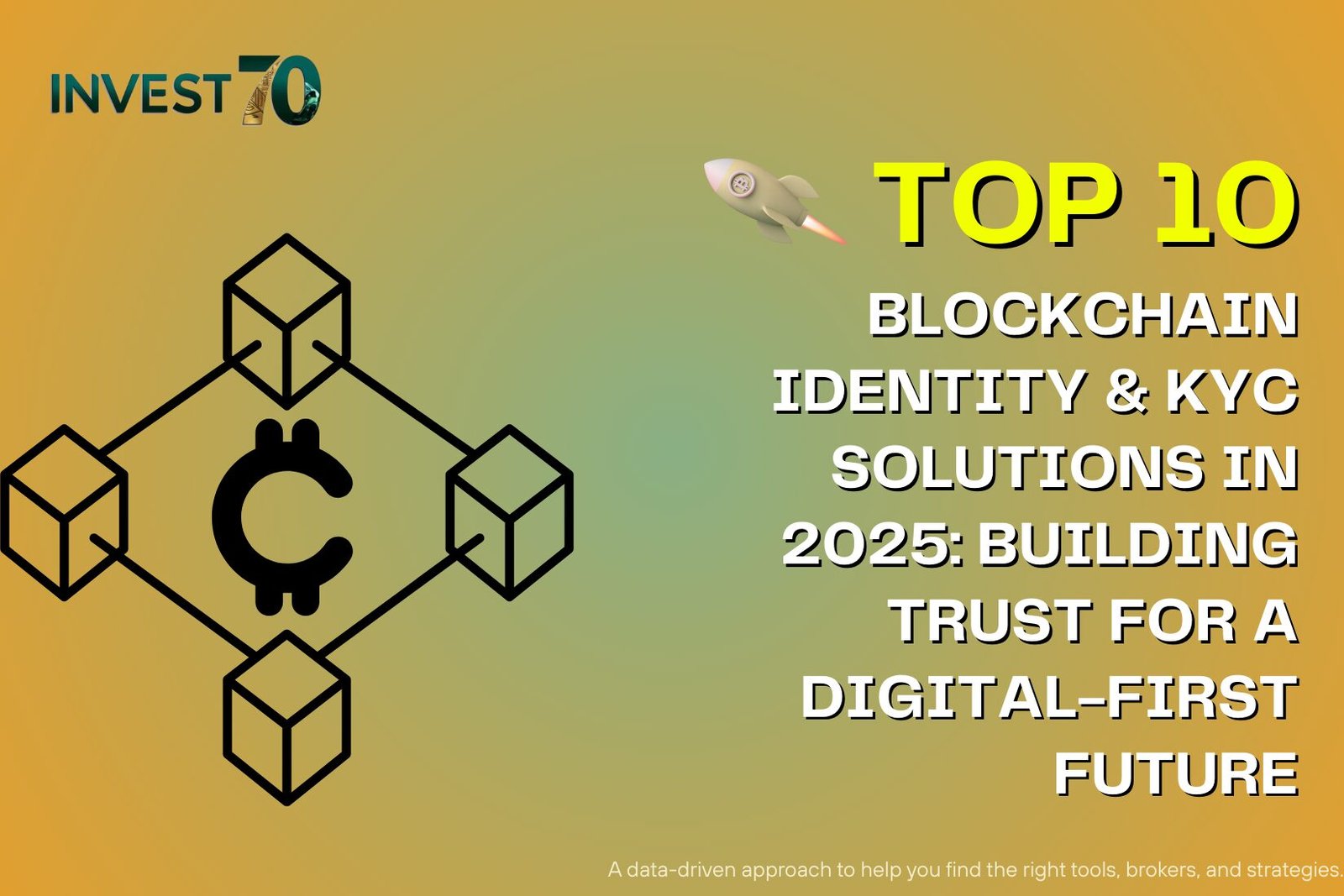Top 10 Blockchain Identity & KYC Solutions in 2025: Building Trust for a Digital-First Future
Top 10 Blockchain Identity : In today’s digital-first economy, identity is no longer just a personal attribute—it has become an essential layer of trust. Every time we access banking apps, join a crypto exchange, or make an online transaction, KYC (Know Your Customer) verification takes place behind the scenes. But traditional KYC has its shortcomings: fragmented systems, lengthy onboarding, and risks of fraud or stolen data.
That’s why 2025 marks a shift toward blockchain identity solutions. These platforms merge decentralized technology with compliance standards to deliver secure, efficient, and globally connected verification. In this article, we highlight the Top 10 Blockchain Identity & KYC Solutions in 2025, showing how each one addresses the challenges of trust in a connected world.
Why Blockchain Identity & KYC Solutions Matter in 2025
The demands of compliance and security are only intensifying. Financial regulators now enforce stricter anti-money laundering (AML) and data protection requirements worldwide, from GDPR in Europe to evolving FATF guidelines. At the same time, digital adoption has accelerated—cross-border payments, fintech innovation, and Web3 ecosystems need faster, smarter, and more reliable ways to validate who is on the other side of a transaction.
Blockchain plays a vital role in solving these issues. By enabling verifiable credentials, tamper-proof records, and user-controlled identities, blockchain KYC solutions reduce duplication and enhance trust. For businesses, it means more efficient onboarding. For users, it ensures privacy and transparency.
Key Evaluation Factors – Top 10 Blockchain Identity
To identify the most relevant providers, several criteria stand out:
- Security & Compliance: Adherence to AML, GDPR, FATF, and other regulations.
- Technology Capabilities: Integration of blockchain with AI, biometrics, and machine learning.
- Scalability & Reliability: How platforms handle high-volume verifications.
- Global Coverage: Ability to support compliance across multiple jurisdictions.
- Affordability & Flexibility: Pricing suited to startups and global enterprises alike.
- Adoption Track Record: Partnerships with banks, fintechs, governments, or Web3 protocols.
With these benchmarks, let’s explore the 10 solutions shaping identity in 2025.
Civic: Top 10 Blockchain Identity- User-Controlled Digital Identity
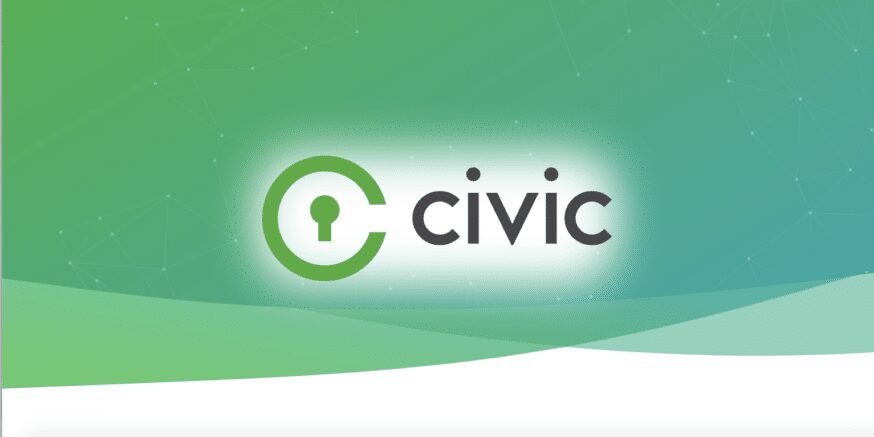
Source: CoinCentral
Civic continues to lead in decentralized identity, giving individuals control over their personal data. Instead of repeatedly sharing sensitive documents, users can selectively disclose only the information needed for a specific transaction.
Its blockchain framework focuses on privacy and user autonomy, making Civic an attractive choice for crypto exchanges, Web3 platforms, and DeFi services where privacy-conscious users are the norm.
Serto: Interoperable Self-Sovereign Identity
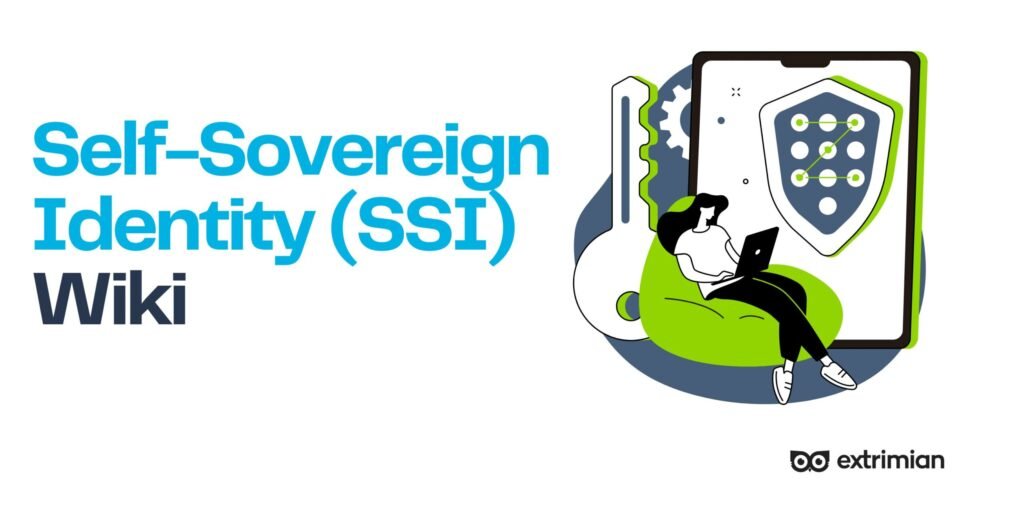
Source: extrimian
Previously known under ConsenSys Mesh, Serto has positioned itself as a pioneer in self-sovereign identity (SSI). Its protocols make digital identities interoperable across multiple blockchain ecosystems, allowing businesses and users to authenticate seamlessly in different platforms.
Enterprises entering Web3 value Serto’s interoperability and decentralized verification, which helps reduce dependency on siloed KYC providers.
Sovrin Foundation: Open-Source Identity Infrastructure
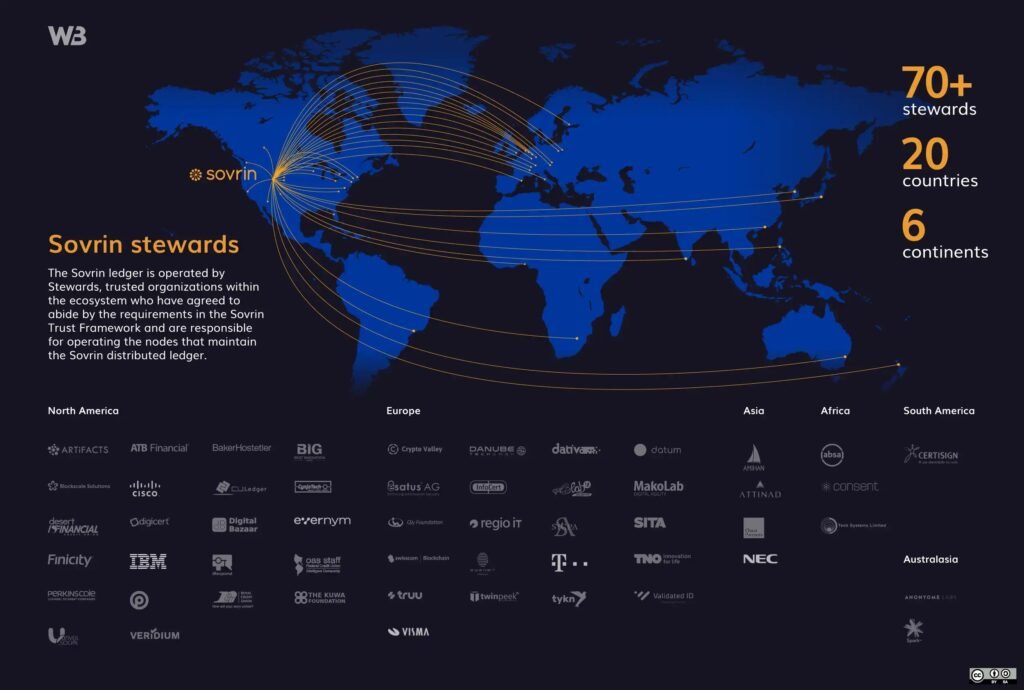
Source: DID
The Sovrin Foundation is unique in that it isn’t a single company but a global utility project. Built on open-source principles, it enables verifiable credentials that can be adopted by governments, NGOs, and private organizations.
Its governance model, rooted in community participation, makes Sovrin appealing for use cases beyond finance—such as healthcare, humanitarian aid, or national identity programs.
Sanction Scanner: AML-Centric KYC
Sanction Scanner specializes in compliance-heavy environments. Its platform integrates global watchlists, sanction databases, and politically exposed persons (PEP) checks into real-time monitoring.
For banks, fintechs, and payment providers, this means fewer blind spots in AML/KYC compliance. While less focused on decentralization, Sanction Scanner has become a vital piece of the blockchain KYC puzzle in 2025.
Trulioo: Global Identity Network
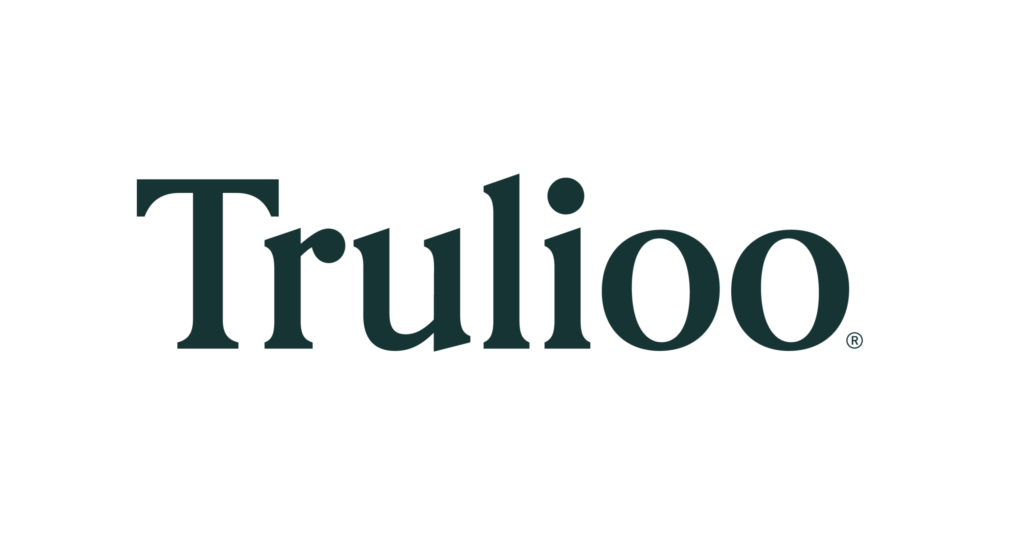
Source: Trulioo
Known for its unmatched reach, Trulioo gives organizations access to more than 400 data sources in nearly every country. This breadth allows fintechs, banks, and multinational companies to onboard users worldwide with localized compliance standards.
Trulioo combines biometric verification with blockchain-backed identity systems, ensuring both scalability and global reliability.
Jumio: AI-Driven KYC & Fraud Detection

Source: Global Fintech series
Jumio integrates blockchain identity verification with AI-powered biometrics and document authentication. It is widely used in banking, healthcare, and gaming sectors, offering smooth user onboarding without compromising on security.
Its ability to detect fraud in real time while still enabling frictionless customer experiences makes Jumio a standout in 2025.
Ondato: Simplified Compliance Automation

Source: financial IT
For small and mid-sized businesses, Ondato offers an affordable but comprehensive approach to KYC. Its tools include video-based identity checks, e-signature support, and automated risk assessments.
By packaging these features into an all-in-one compliance platform, Ondato makes enterprise-grade KYC accessible to SMEs that often lack large compliance teams.
Veriff: Scalable Identity Verification

Source: Daviferent
Veriff has built its reputation on handling high volumes of verifications with precision. Its AI-driven system detects fraud patterns and ensures compliance across multiple jurisdictions.
Used by banks, crypto platforms, and digital marketplaces, Veriff’s adaptability allows it to serve diverse industries while maintaining consistent standards of trust.
Shufti Pro: Borderless Verification Services
Operating across 230+ countries and supporting multiple languages, Shufti Pro focuses on accessibility and inclusivity in identity verification. With strong biometric capabilities, it enables corporations to onboard global customers without geographic limitations.
This reach makes Shufti Pro especially popular with e-commerce platforms and multinational digital banks.
Sumsub: KYC Workflow Orchestration

Source: Sumsub
Rather than offering a one-size-fits-all system, Sumsub provides flexible workflows that businesses can customize based on regional regulations. It integrates KYC, AML, and fraud prevention into a unified orchestration platform.
Its adaptability has attracted fintechs, crypto exchanges, and iGaming companies that need both regulatory compliance and agility in onboarding.
Comparative Table – Top 10 Blockchain Identity
| Company | Focus Area | Key Strengths | Primary Users |
|---|---|---|---|
| Civic | Decentralized Identity | User privacy, blockchain-based | Web3, DeFi, Crypto Exchanges |
| Serto | Self-Sovereign Identity | Interoperable standards | Web3 Enterprises |
| Sovrin | Decentralized Infra | Open-source governance | Governments, NGOs |
| Sanction Scanner | AML Compliance | Real-time sanction checks | Banks, Fintechs |
| Trulioo | Global Verification | 400+ data sources worldwide | Multinational Fintechs |
| Jumio | AI & Biometrics | Fraud detection, compliance | Banking, Healthcare, Gaming |
| Ondato | Compliance Automation | Video ID, e-signatures | SMEs, Financial Institutions |
| Veriff | AI Verification | Scalable fraud prevention | Banks, Crypto Exchanges |
| Shufti Pro | Global KYC Coverage | Multilingual, biometric checks | E-commerce, MNCs |
| Sumsub | Orchestration Platform | Flexible workflows, adaptability | Fintechs, iGaming, Crypto |
Looking Ahead: Top 10 Blockchain Identity -Trends Beyond 2025
Several emerging directions are clear:
- Self-sovereign identity (SSI) will gain wider adoption across Web3 platforms.
- AI + blockchain fusion will improve fraud detection in real time.
- Biometric-first onboarding will expand in mobile-centric regions.
- Government partnerships will create blockchain-based eID frameworks.
- Interoperability with CBDCs and DeFi will demand standardized digital identity systems.
Together, these trends show that identity verification is moving from fragmented systems to an interconnected trust layer for the global economy.
Conclusion – Top 10 Blockchain Identity
The Top 10 Blockchain Identity & KYC Solutions in 2025 demonstrate how identity management is being reimagined. From Civic’s decentralized privacy model to Trulioo’s global compliance reach, and from Sanction Scanner’s AML focus to Sumsub’s workflow orchestration, each platform answers a different part of the trust equation.
What unites them is the drive to make digital identity secure, scalable, and human-centered. As industries lean deeper into blockchain and digital finance, these solutions will not just support compliance—they will become the standard infrastructure of trust in a borderless economy.

